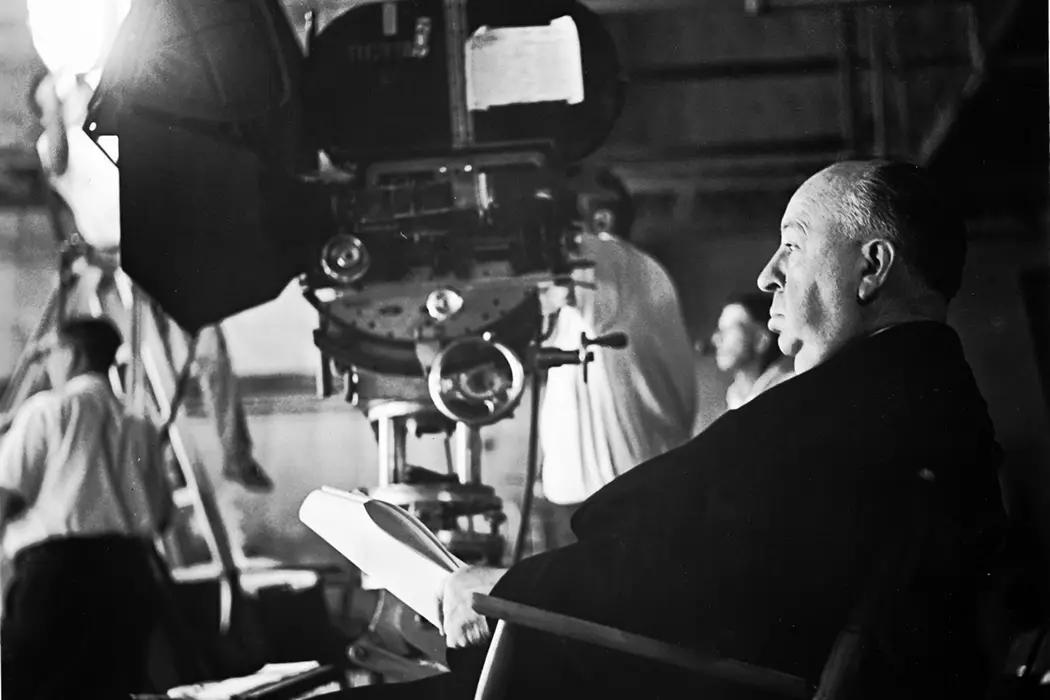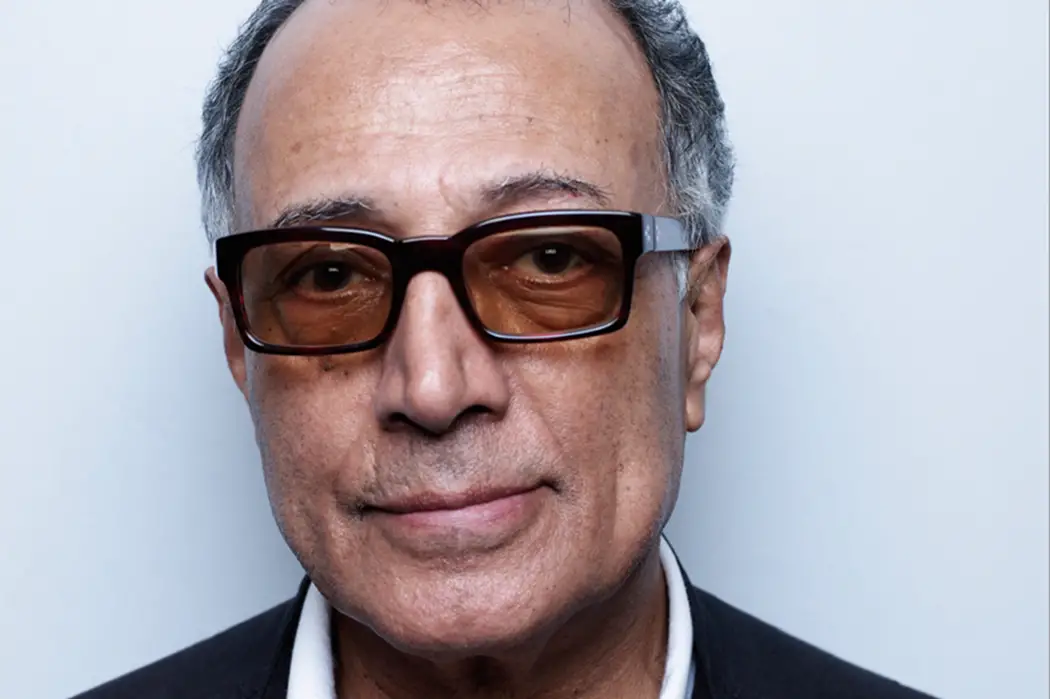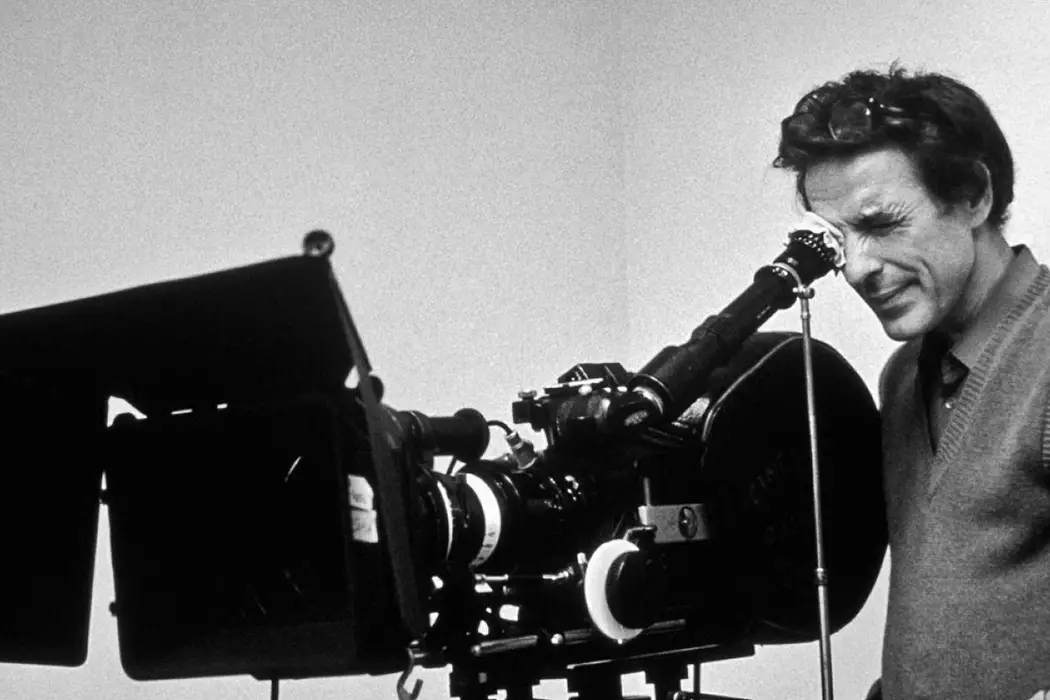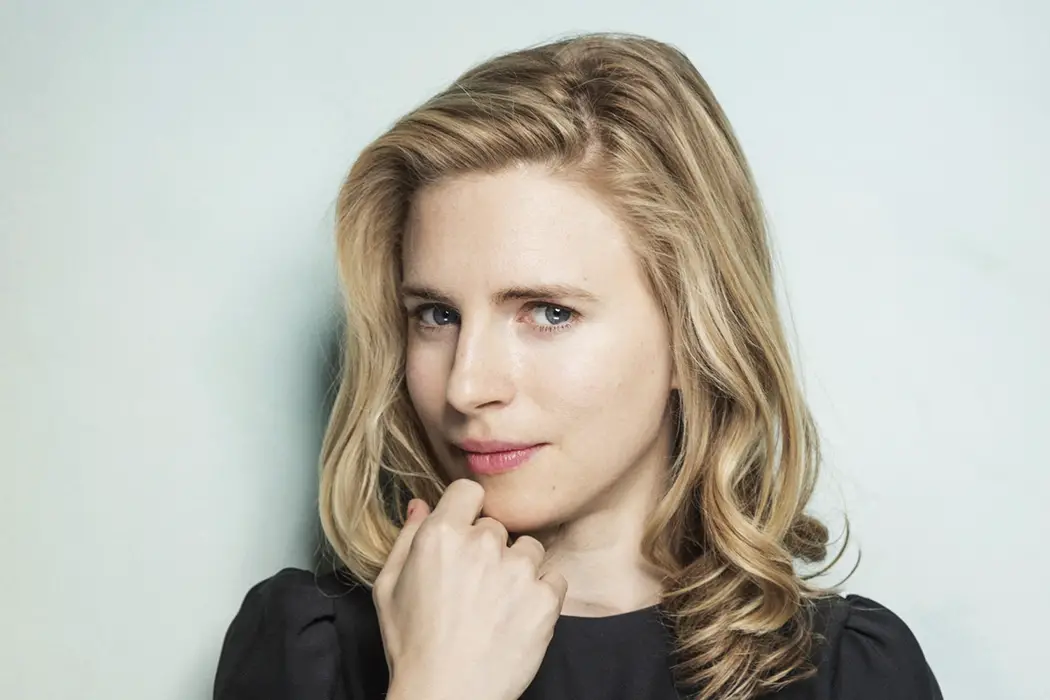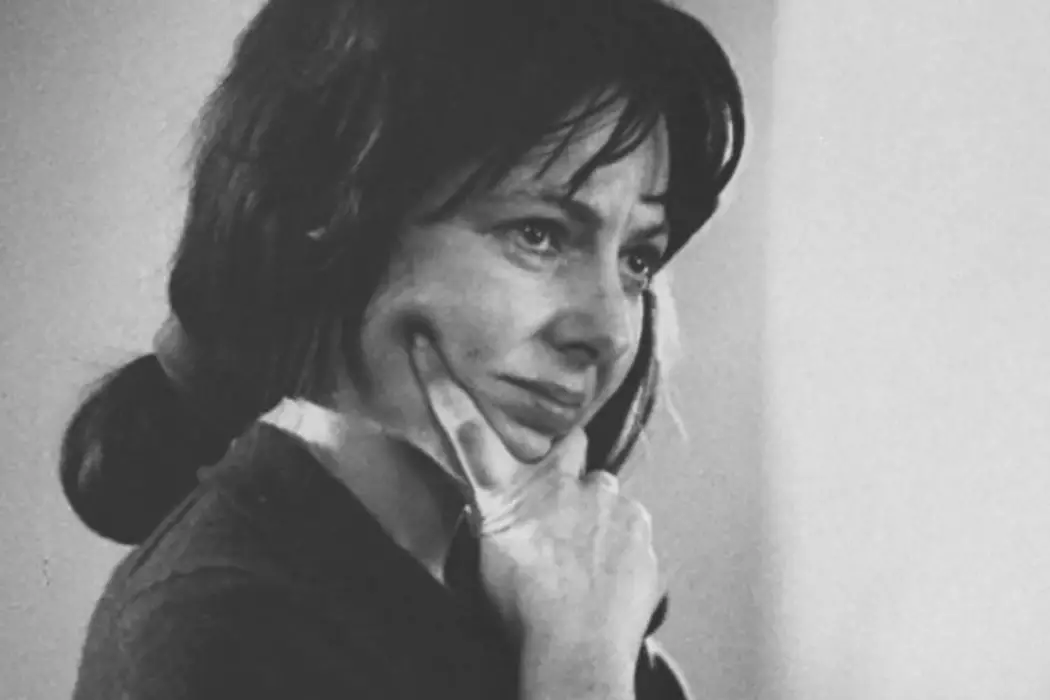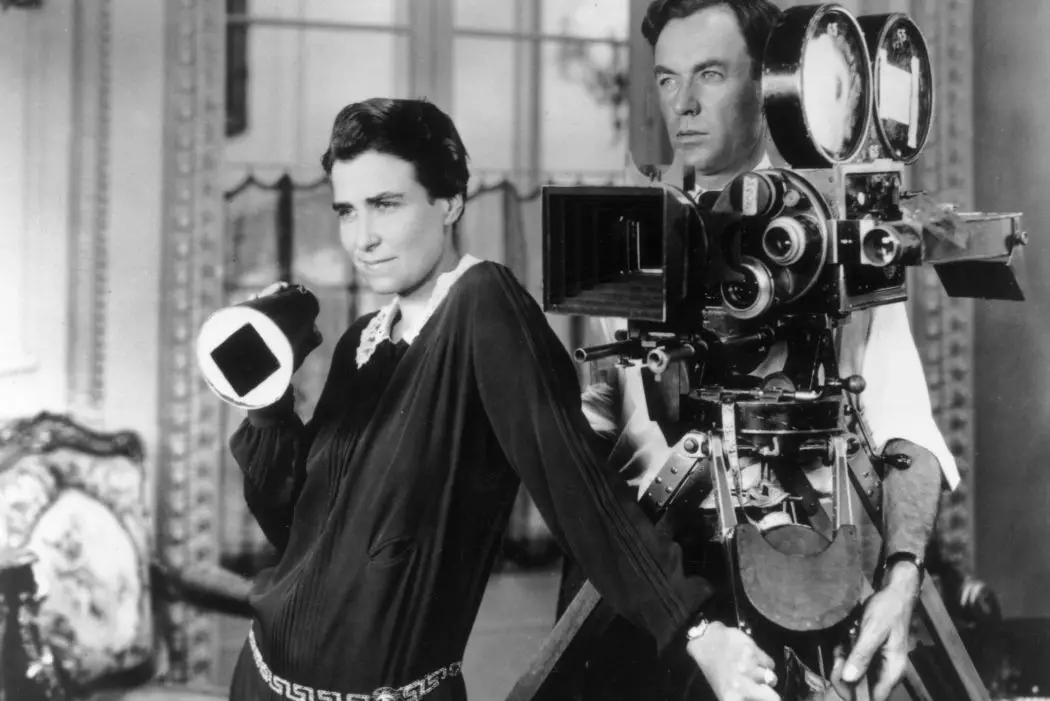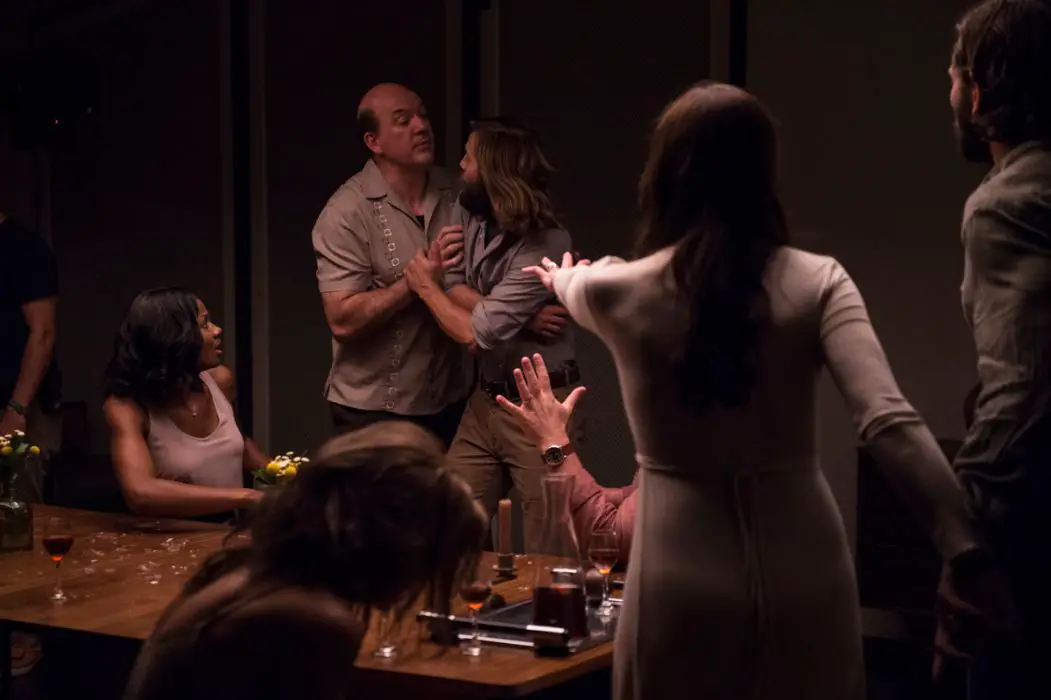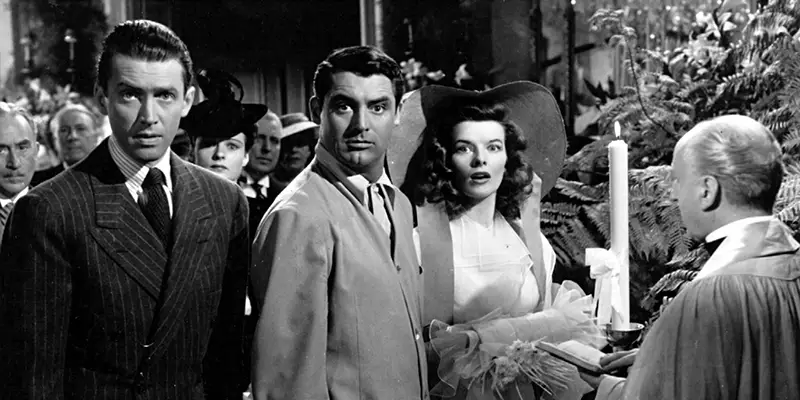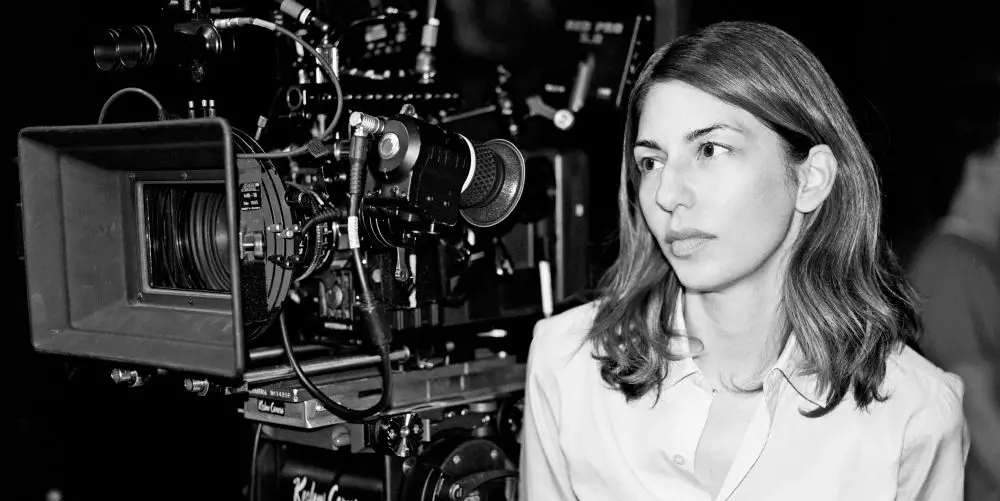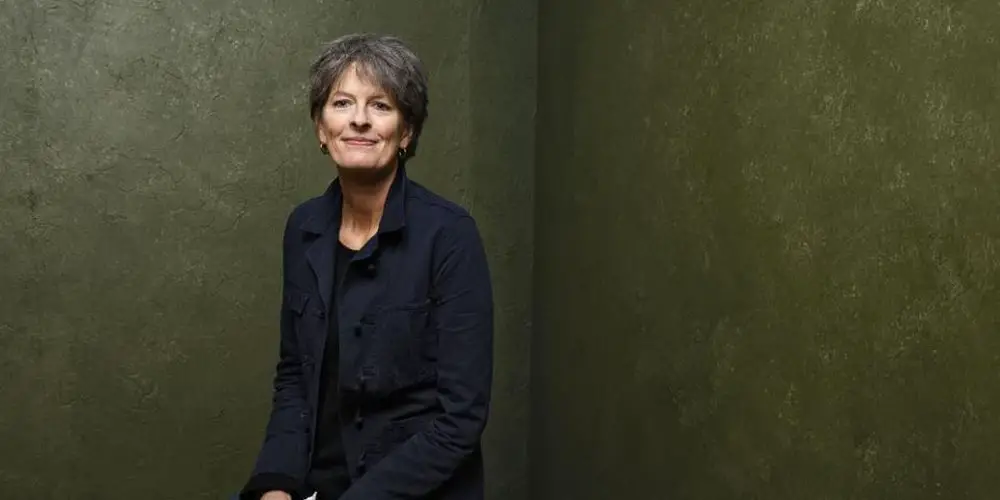
You won’t find out much about Louise Osmond if you look online. She is an Oxford history graduate who joined ITN as a news journalism trainee, and that’s all I or probably any other writer could know about her. But the personal details are irrelevant in the face of such a sturdy, and increasingly successful career as a documentary maker.
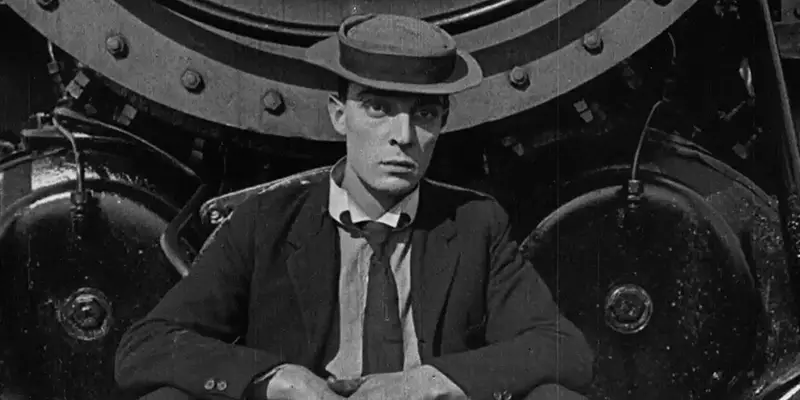
When I was younger and just starting to get into classic film, I found a copy of The General at a local DVD store. Watching it later, I still remember the exact moment when I was captivated by Buster Keaton’s unique charm and screen presence. In the film’s first extended action sequence, Keaton is chasing after a troupe of Union soldiers who had infiltrated and stolen his train, and in a series of fast-paced, whirring motions, he narrowly escapes one mishap after another.
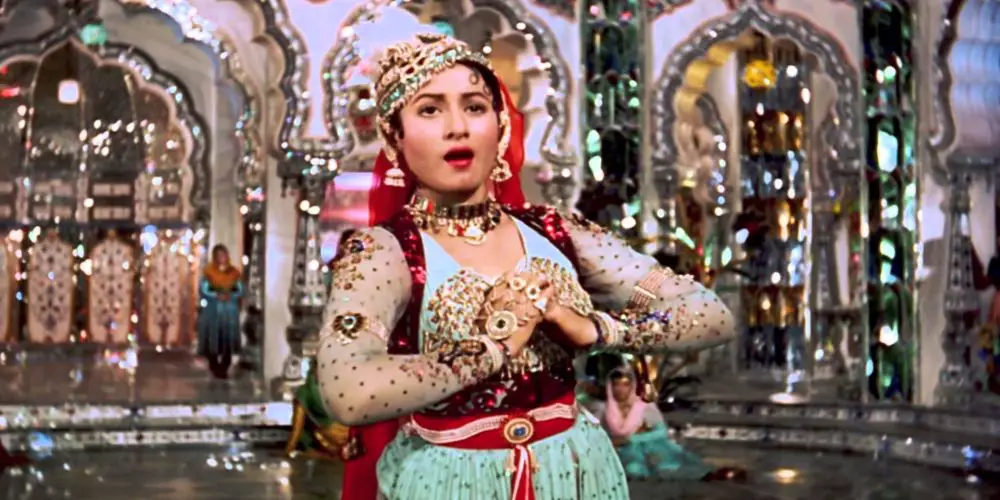
Raj Kapoor, Dilip Kumar, Nargis, Dev Anand, Vyjayanthimala, Guru Dutt, Madhubala, Raaj Kumar, Rajesh Khanna, Meena Kumari, Shashi Kapoor, Hema Malini, Sanjeev Kumar, Amitabh Bachchan, Rekha, Anil Kapoor, Madhuri Dixit, Salman Khan, Shah Rukh Khan, Kajol, Aamir Khan, Aishwarya Rai, Hrithik Roshan, Kareena Kapoor, Priyanka Chopra, Ranbir Kapoor, Deepika Padukone. To a majority of westerners these names will have very little resonance, if any at all. For many cinemagoers on the Indian subcontinent, however, these highly-revered and much-followed household names together epitomise the most significant cultural product in the region:
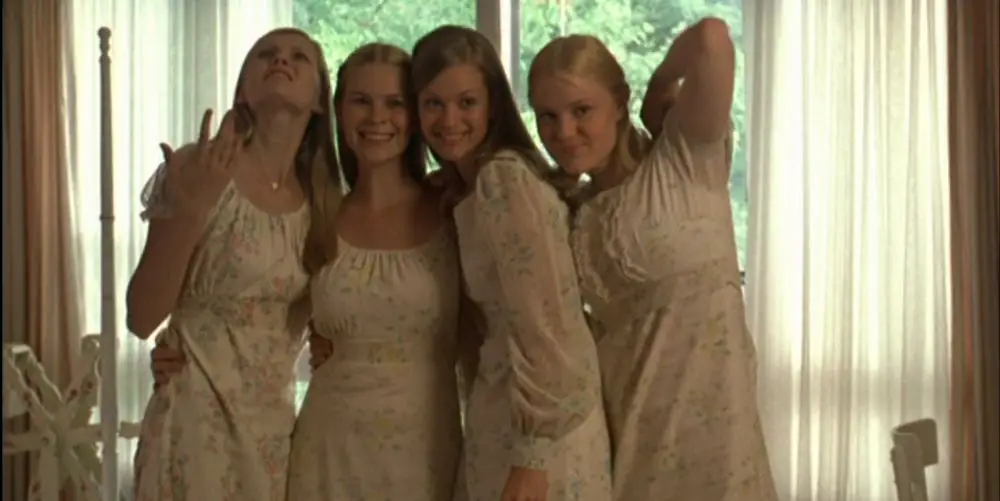
Last month it was announced that Kirsten Dunst, in her directorial debut, will be directing Dakota Fanning in an adaptation of Sylvia Plath’s The Bell Jar. In an interview, Dunst has noted that her approach in adapting the seminal text has been to avoid the ‘didactic’ and instead ‘make a life of something … you really need to make your own scenes up’. Such an approach, while entirely refreshing for me, is one that regularly receives criticism from those that view the source text as somehow sacred, and thus static and intractable.
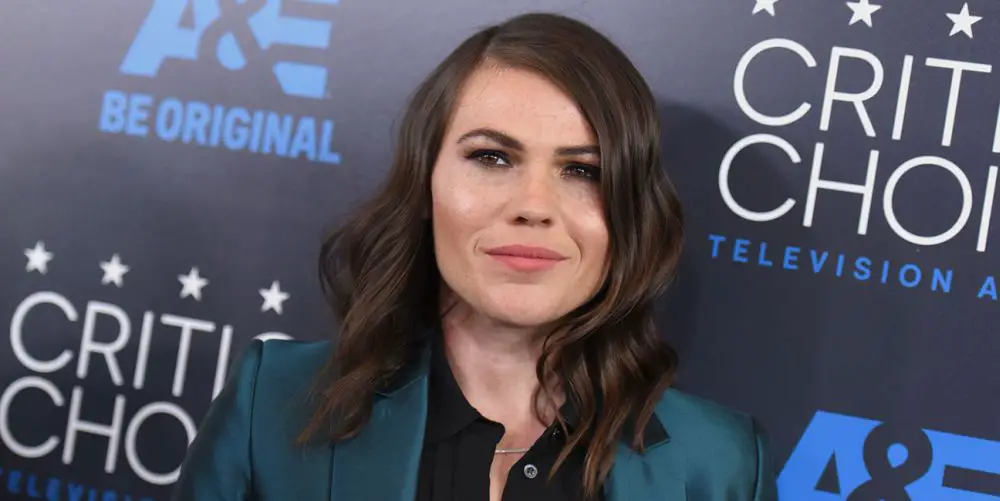
You may not know her by name, but you’ve definitely seen her face and are familiar with her work. She’s been on your small screen and silver screen starring along side Angelina Jolie, Christina Ricci, Zachary Quinto, and Natasha Lyonne to name a few. She may not look as glamorous as your traditional Hollywood starlet and she doesn’t often play the leading role, but Clea DuVall’s natural beauty and talent first grabbed my attention about fifteen years ago on a day I vividly remember.


